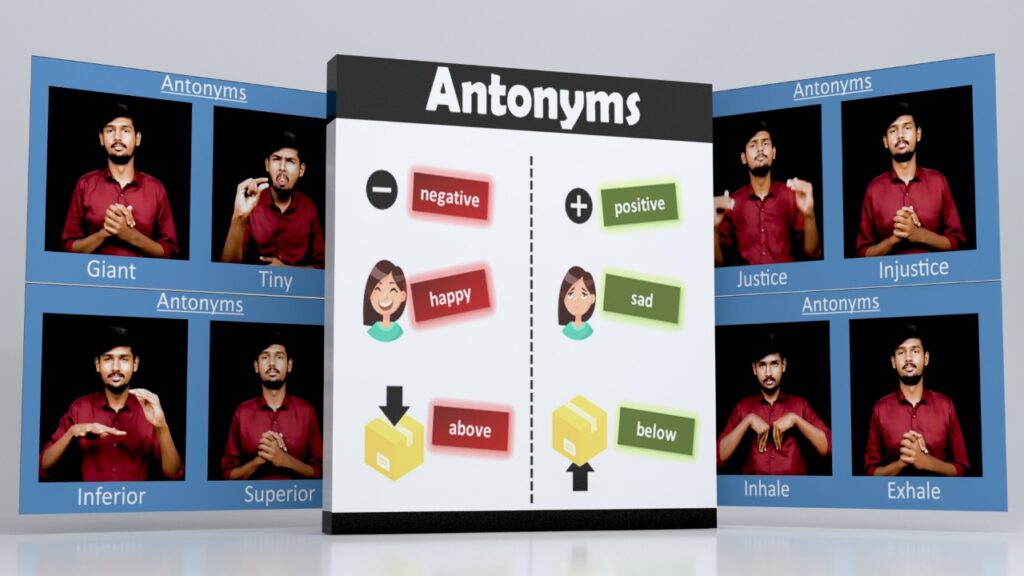

Of augmenting attribute behavior with descriptors is better handled in modern While the synonym() is useful for simple mirroring, the use case Validates() usage where only one validator should emit perįrom import synonym_for class M圜lass ( Base ): _tablename_ = 'my_table' id = Column ( Integer, primary_key = True ) status = Column ( String ( 50 )) ( "status" ) def job_status ( self ): return "Status: " + self. Validation function will not emit if the originator is an attributeĮvent related via a backref.

Sent as well - the validation function must accept an additionalĪrgument “is_remove” which will be a boolean. Include_removes ¶ – if True, “remove” events will be *names ¶ – list of attribute names to be validated. This is a reentrantĬondition which is not supported. Note that a validator for a collection cannot issue a load of thatĬollection within the validation routine - this usage raisesĪn assertion to avoid recursion overflows. Modify or replace the value before proceeding. Process from continuing (where Python’s built-in ValueErrorĪnd AssertionError exceptions are reasonable choices), or can

The function can then raise validation exceptions to halt the Name of the attribute as well as a value to be assigned, or in theĬase of a collection, the value to be added to the collection. validates ( * names, ** kw ) ¶ĭesignates a method as a validator, a method which receives the Object Nameĭecorate a method as a ‘validator’ for one or more named properties.įunction sqlalchemy.orm. An application that requires more control overĬonfiguration of attribute change behavior can make use of this system,ĭescribed at AttributeEvents. Note that the validates() decorator is a convenience function built on Occurs to some_user.addresses - the event is caused by a backref. The validate_address() function would not be emitted, even though an append addresses = relationship ( "Address", backref = 'user' ) ( 'addresses', include_backrefs = False ) def validate_address ( self, key, address ): if not in address : raise ValueError ( "failed simplified email validation" ) return addressĪbove, if we were to assign to er as in some_er = some_user,
UNBOUND SYNONYM FREE
The verb comes from Middle English freen, freoȝen, from Old English frēon, frēoġan ( “ to free make free ” ), from Proto-West Germanic *frijōn, from Proto-Germanic *frijōną, from Proto-Indo-European *preyH-.From sqlalchemy.orm import validates class User ( Base ): #. This was an extension of the idea of "characteristic of those who are dear and beloved", in other words friends and tribe members (in contrast to unfree inhabitants from other tribes and prisoners of war, many of which were among the slaves – compare the Latin use of liberi to mean both "free persons" and "children of a family"). Germanic and Celtic are the only Indo-European language branches in which the PIE word with the meaning of "dear, beloved" acquired the additional meaning of "free" in the sense of "not in bondage". Other cognates include Russian приятель ( prijatelʹ, “ friend ” ) and Sanskrit प्रिय ( priyá-, “ beloved ” ). Germanic cognates include West Frisian frij ( “ free ” ), Dutch vrij ( “ free ” ), Low German free ( “ free ” ), German frei ( “ free ” ), Danish, Swedish and Norwegian fri ( “ free ” ).


 0 kommentar(er)
0 kommentar(er)
